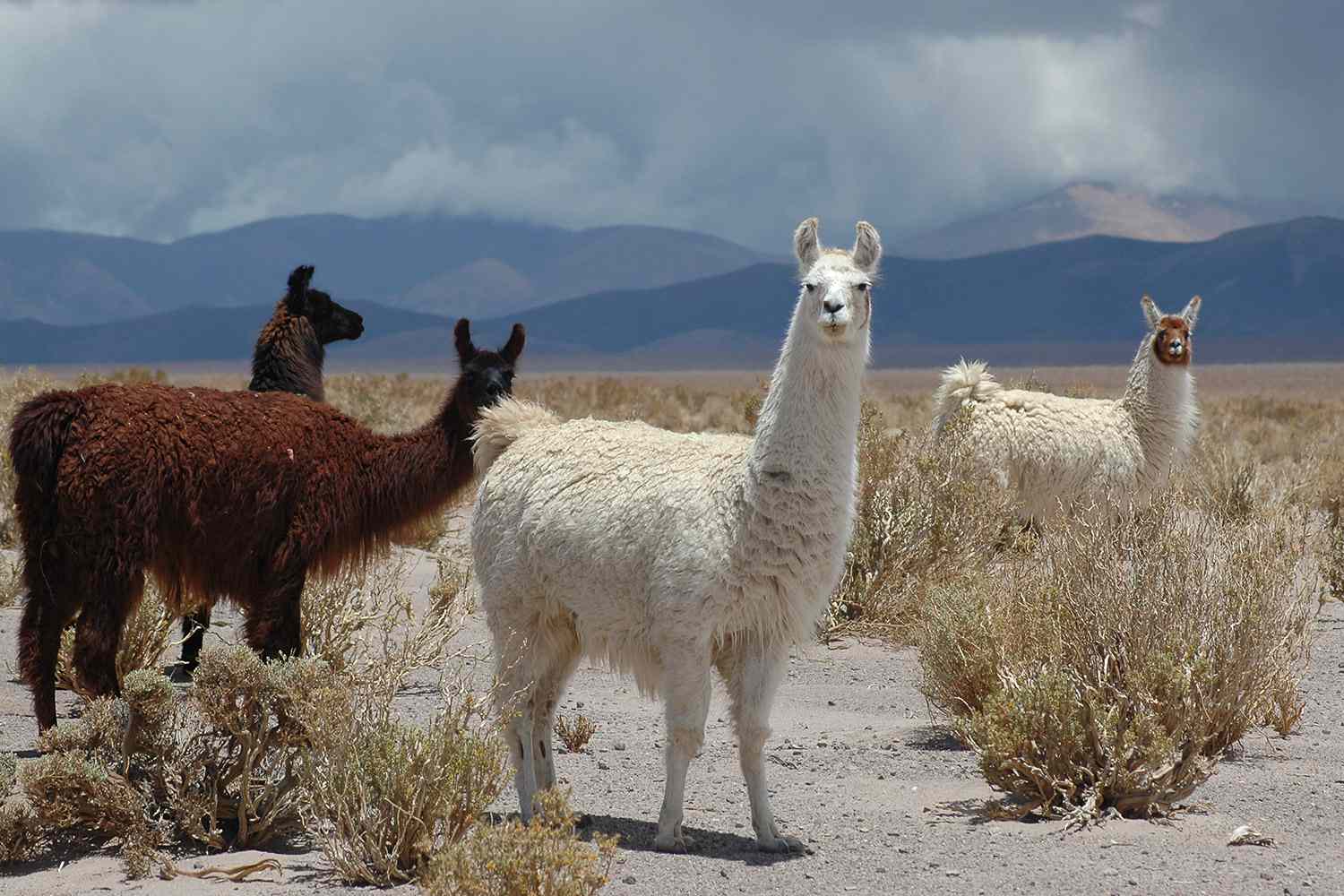
The latest hope for a COVID-19 treatment lives on a farm in Belgium — and is a llama.
Winter, a 4-year-old llama, was recently chosen by researchers for a series of virus studies on COVID-19. She, like all llamas, has antibodies in her blood that fight viruses — the antibodies of past llamas have been used to create treatments for HIV and influenza — and researchers were hopeful that Winter’s antibodies would help them develop treatments for COVID-19.
The scientists first used her antibodies to see how they would work against two other types of coronavirus, SARS and MERS. Winter’s antibodies successfully neutralized the two viruses, and then worked against COVID-19.
Their research, published in the journal Cell on Tuesday, is preliminary, but provides hope that a treatment for COVID-19 could come from llama antibodies. A treatment is still far off — the researchers are just now beginning trials on hamsters, and human trials would come afterwards.
Llamas are used for antibody testing because they have two types of antibodies in their body, compared to the single one found in humans. One of their antibodies is similar to the ones in humans, while the other is about 25 percent smaller, according to The New York Times. That type of antibody seems to better neutralize a virus, and can be manipulated to create a treatment.
Sharks have similar antibodies, but they “are not a great experimental model, and are a lot less cuddly than llamas,” Daniel Wrapp, a graduate student and a co-author of the study, told the Times.
Winter’s antibodies were first tested against SARS and MERS beginning in 2016, and the researchers, from the University of Texas at Austin, the National Institutes of Health and Ghent University in Belgium, were about to wrap up their study in January. Then, as COVID-19 began spreading, they started looking into how Winter’s antibodies would do against the virus.
The treatment they’re working on would be similar to a vaccine, in that it would be injected in people who do not have the virus to protect them. But it would wear off in about a month or two without additional injections.
“There is still a lot of work to do to try to bring this into the clinic,” Dr. Xavier Saelens, a molecular virologist at Ghent University and one of the study authors, told the Times. “If it works, llama Winter deserves a statue.”
As information about the coronavirus pandemic rapidly changes, PEOPLE is committed to providing the most recent data in our coverage. Some of the information in this story may have changed after publication. For the latest on COVID-19, readers are encouraged to use online resources from CDC, WHO, and local public health departments. PEOPLE has partnered with GoFundMe to raise money for the COVID-19 Relief Fund, a GoFundMe.org fundraiser to support everything from frontline responders to families in need, as well as organizations helping communities. For more information or to donate, click here.
Source: Read Full Article
